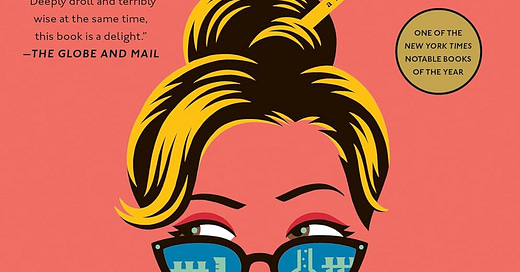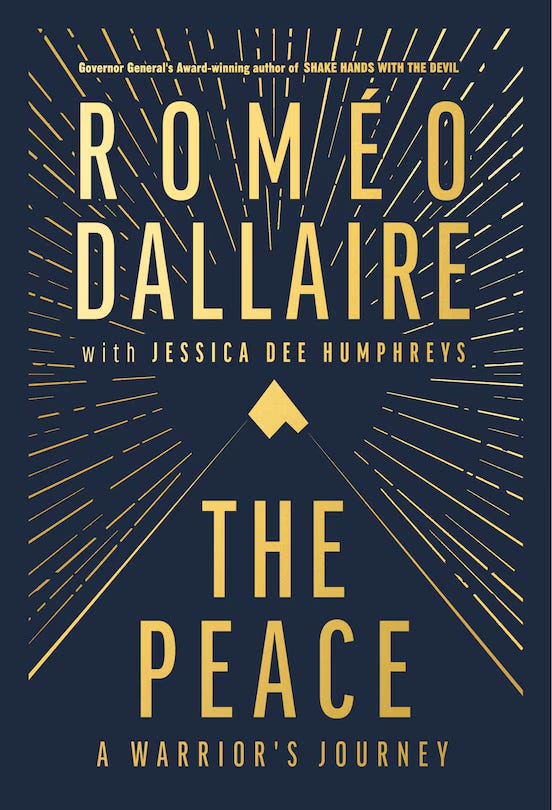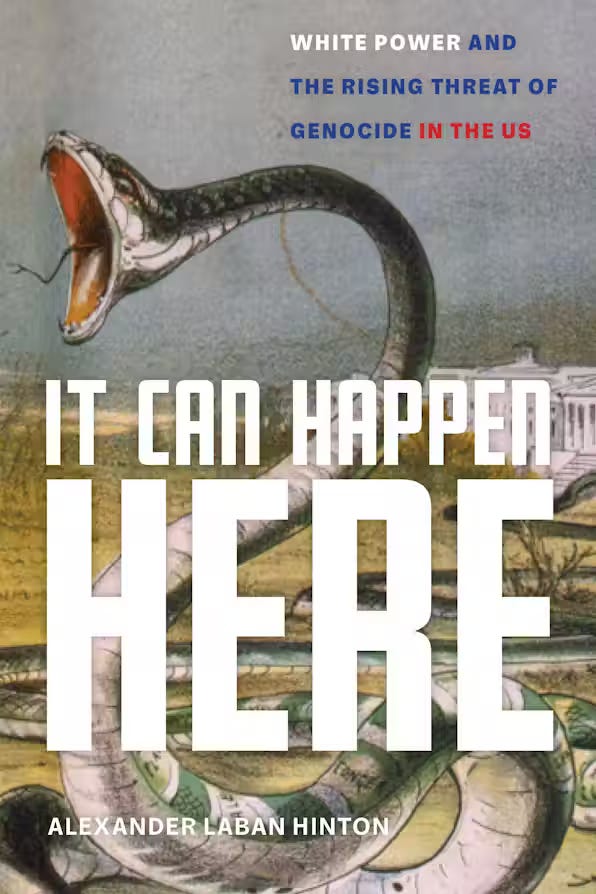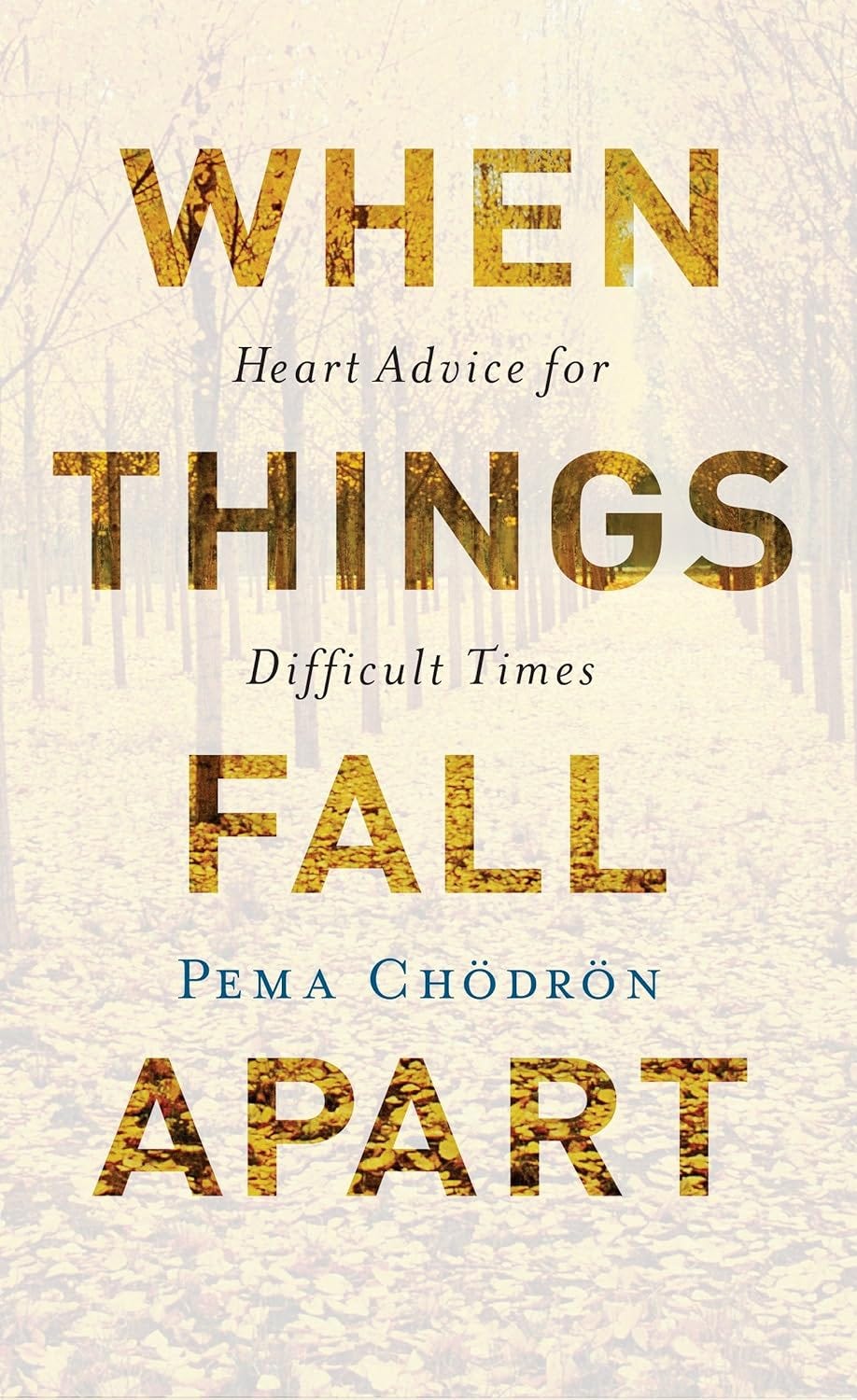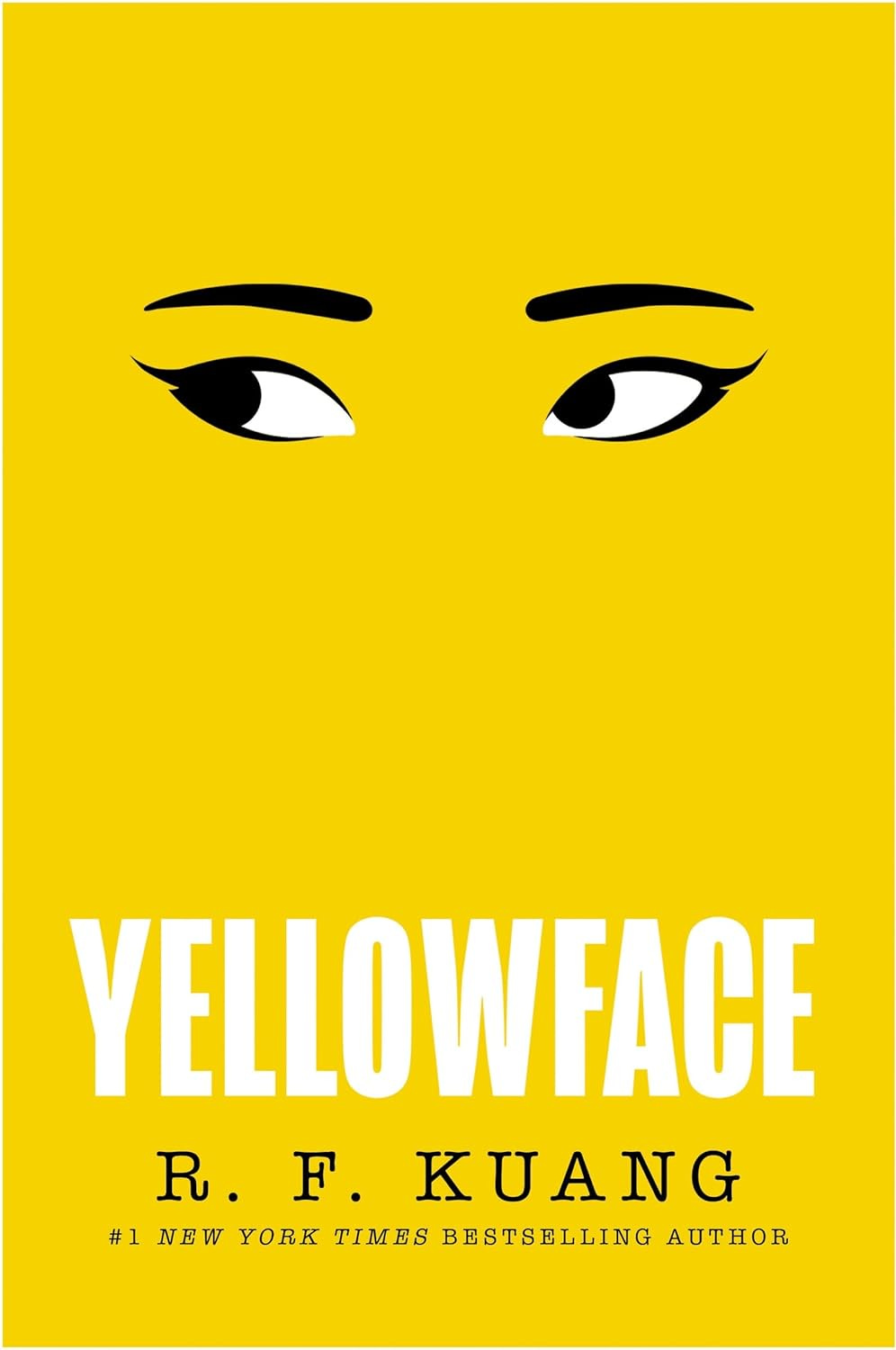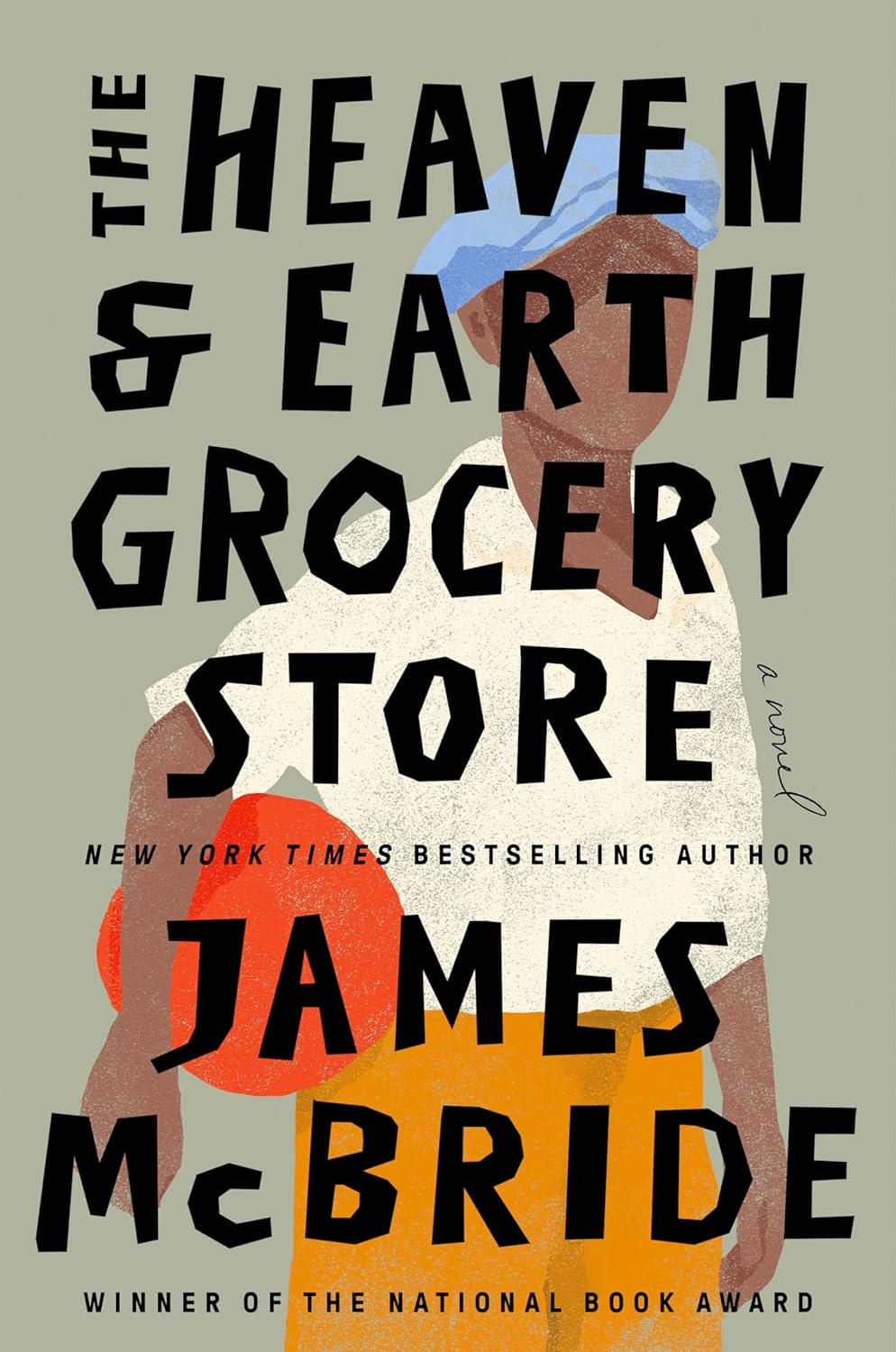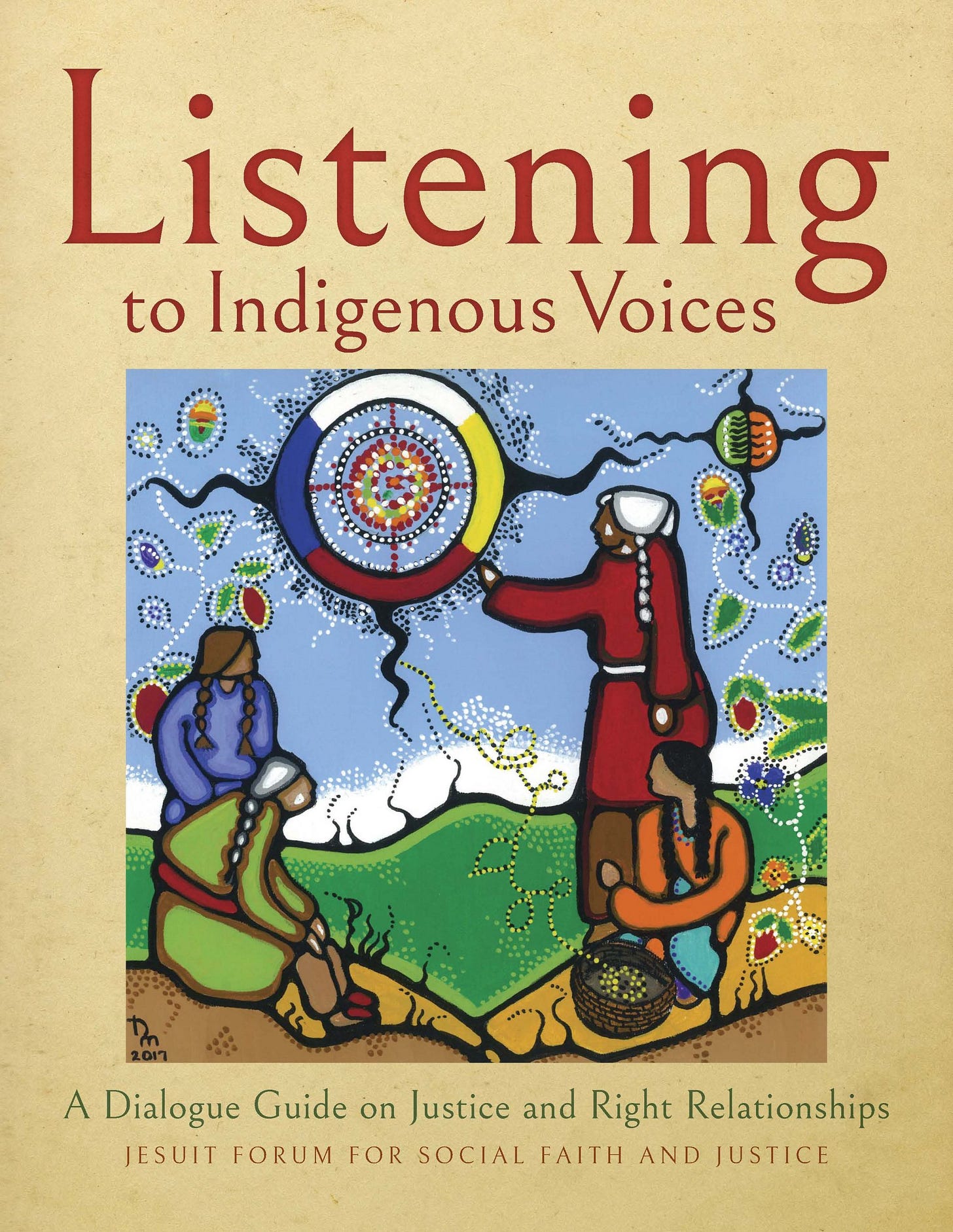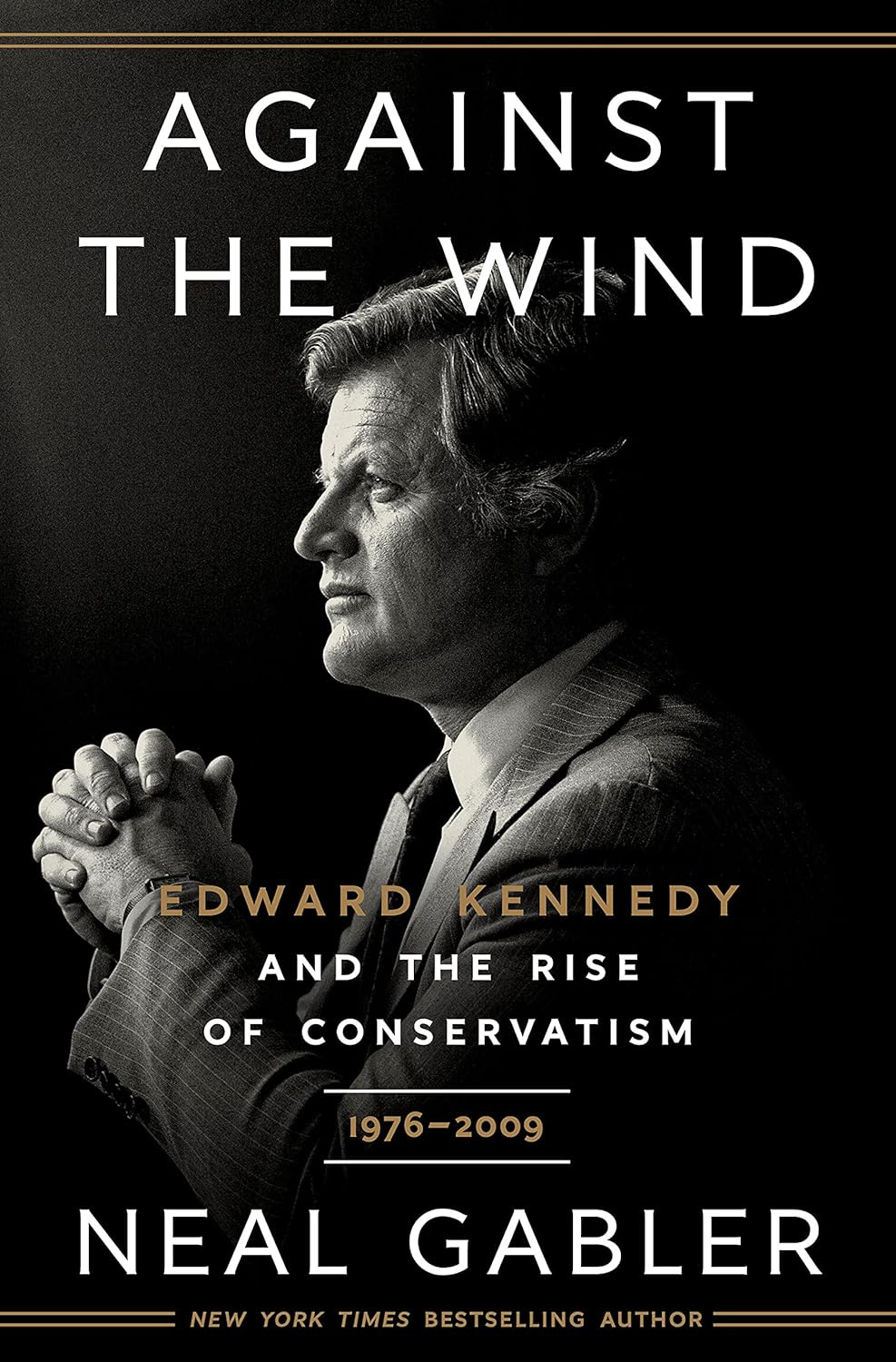Special issue: 20 books recommended for your summer reading
Here's what PeaceQuest subscribers are reading this summer.
Good morning - Here is your Saturday newsletter.
Our summer reading list is back – PeaceQuest readers share their 20 top book recommendations for the summer. Enjoy!
Steve
1. The Peace, A Warrior’s Journey, by Romeo Dallaire. I like this book because despite Romeo approaching his topics from the point of view of being a career military man, he sees the terrible weaknesses in continuing to react to inter-nation violence by classical war-making methods. He has tried his best to teach a new generation of soldiers that they need a broader education in order to understand the complexities of dealing with genocides and their causes. He said he was successful in getting the Canadian military to finally demand a BA degree from all prospective officers. I still have 70 pages to read yet. - Murray
2. A Gentleman in Moscow by Amor Towles. A unique perspective on Russian history and culture …and extremely well written - smart and witty. - Kirsten
3. Democracy Awakening: Notes on the state of America by Heather Cox Richardson. Setting the stage for the election...Plus she plans to publish on the 2024 election in 2025. - Michael
4. It Can Happen Here: White Power and the Rising Threat of Genocide in the US by Alexander Laban Hinton. In view of upcoming elections in the US, and former president Trump's criminal conviction, and a recent Canadian report titled “Disruptions on the Horizon,” this book is a must-read. Whomever becomes president in November 2024, what will happen in America next? - Martin
5. The Deadline by Jill Lepore. 46 essays by DR Lepore...Prof at Harvard and writer for the New Yorker..the 46 includes 3 unpublished ones...that offer a prismatic portrait of American Life and letters, politics and technology, Law and Society. From gun fights and police brutality to Bratz dolls and bicycles and lockdowns to the losses that Haunt Lepore's own life, these essays again and again cross what Lepore calls "the dead line", "the river of time that divides the quick from the dead." Some essays take on the nature of truth, from fiction to journalism down to the January 6th insurrection in the "American Beast" This is an excellent read. - Michael
6. Lessons in Chemistry by Bonnie Garmus. Loved it because of its strong female lead, extremely believable characters, and just the right amount of quirk. Well written. Perfect summer read! - Kim
7. The Women by Kristin Hannah. Because you learn about the nurses in Vietnam who are overlooked in history. Kathryn
8. A Long Way Gone by Ishmael Beah. I loved it - well-written by a boy soldier in Sierra Leone. Plus…
9. Johnny Got His Gun by Dalton Trumbo. Sombre book but so necessary to read by our leaders. Not exactly a summer read but an important one. - Nann
10. When Things Fall Apart by Pema Chodron. The book is about moving through suffering and challenges and finding peace and joy. It’s grounding and transformative. I have a friend who told me that when she meets people who are struggling, even random strangers, she gives them this book. - Lynda
11. Pandora’s Toolbox: The Hopes and Hazards of Climate Intervention by Wake Smith. I’m always reading more than one book at once, and a mixture of fiction and nonfiction. Currently reading Wake Smith’s, having just completed Gwynne Dyer’s similar book (both for a review I’m doing); Keeper of the Nuclear Conscience: The Life and Work of Joseph Rotblat (by Andrew Brown); Graham Greene’s The Power and the Glory; a biography of Albert Camus by Olivier Todd and I hope to finally get to Vasily Grossman’s Life and Fate. - Robin
12. Against War-Building a Culture of Peace by Pope Francis, published in 2022 by Orbis Books. If only the entire church and all of humanity could embrace the Pope's statements on non-violence and peace, perhaps best summed up in the Pope's conclusion to one of his speeches: ".....There is no such thing as a just war: they do not exist!" (page 16). - Ernie
13. Yellowface by R.F. Kuang. What’s this novel about? A vitriolic romp through the publishing industry. Did I like it? That’s beside the point, I couldn’t put it down once I started. Plagiarism plays a key role in this novel. As a librarian who had just finished working on a digital project about academic integrity for students, I found the acceptance and excuse-making for blatant plagiarism curious in that train wreck sort of way (both intrigued and repelled). This novel also shines a light on racism, cultural appropriation and social media, in the publishing industry, specifically of Asian American writers. How much of the author’s own experience in publishing is reflected in this book is worth questioning. Despite the unlikeable characters, due mostly to jealousy, and self indulgent and entitled behaviour, it was a fascinating read. The publishing industry machine is explained from a certain perspective, which I found enlightening. And…
14. The Heaven & Earth Grocery Store by James McBride. It’s a beautifully written multi-layered story of racism, which is internal and external to communities, love and friendship. The novel seems to start out as a murder mystery, but slowly evolves into a wonderful meander through the lives of people in small town America in the early decades of the 1900s. It has rich character development and engaging dialogue. I appreciated this immersive read. It made me slow down to absorb the details, following the paths of each character through intertwined relationships to endearing, thoughtful, and some surprising ends. - Sue
15. Active hope by Joanna Macy. It is a good shot of confidence in the belief that taking care of yourself spirit is essential daily work for remaking the world. - Robin
16. Capital, Nature, and the Unfinished Critique of Political Economy: Karl Marx's Ecosocialism by Kohei Saito. I like it because it's a very detailed discussion of Marx's connecting political economy to nature-human metabolism. It's a refutation of Marxists who believe in unlimited economic growth and points out how environmental concerns were evident in Marx's notebooks and various parts of his published writings. Saito ventures to say that had Marx lived longer he would have presented a fuller conception of the dangers of metabolic rift. As an ecosocialist, I'm am intrigued by Saito's analysis. - Gord
17. Denison Avenue by Christinna Wong and Daniel Innes. This was a Canada Reads finalist (supported by Naheed Nenshi). Though it didn’t win, other colleagues who have read it agree it is beautiful. Although it’s set in Toronto, it’s much like Vancouver’s Chinatown, and likely others. It’s a story of a Cantonese-speaking widow making her way, collecting recyclables. She is even isolated from newer Mandarin-speaking immigrants. But she has a few friends, from Tai Chi in the park and other contacts, such as in the Wong building. Meanwhile, her neighbourhood is gentrified. - Ellie
18. Listening to Indigenous Voices: A Dialogue Guide on Justice and Right Relationships, edited by Mark Hathaway, Victoria Blanco, Jayce Chiblow, and Anne-Marie Jackson. The Indigenous People played a very dominate role in this project and shared from their life experiences and their hearts. We met once a month for 2 hours. It took us a year to complete this book. Each chapter gives certain realities, videos and questions to reflect on.
Indigenous Voices explores Indigenous worldviews, examines history of colonization and concludes with righting relationships, decolonization and indigenization. The truth and Reconciliation Commission reminds us, “Reconciliation is not about closing a sad chapter of the Canada’s past but about opening new healing pathways of reconciliation that are forged in truth and justice” This involves awareness of the past, acknowledgement of harm inflicted, atonement for the causes and action to change behavior.
I volunteered for 2 weeks in the summer for 2 years in Hole River Manitoba when I was in grade 12 and 13 then 2 weeks in New Brunswick for 2 years while I was in the school of Nursing. I really appreciated my time there and the programs that we gave to the people there. I also went to our Mission in San Jose de Ocoa in the Dominican Republic for a month for 2 summers. The first month I worked with dentists up in the Mountains and the 2nd summer I worked in the Emergency department at the hospital there.
I had the privilege of going up to the Weeneebaygo General Hospital in Mooseonee in 2000 from Hotel Dieu Hospital here in Kingston for their 50th Anniversary. It was a very meaningful experience for me. We flew up and back on the same day. We met an elderly woman who was making bannock bread in her teepee. We asked her if we could buy some of her bread and the smile on her face told the answer to us. She was really touched by the fact that we wanted to buy her bread. There were 6 of us. A loaf for each one of us. - Sister Marilyn
19. Lila, by Robert Persig. It is basically the collected answers to reactions to Zen and the Art of Motorcycle Maintenance, which got me out of a rut 48 years ago. Those two books do a great job of explaining many puzzles in human relationships. I'll also be reading my notes for a possible new book building upon Sociobiology by E.O. Wilson, which gets to the core of human gender issues and our relationship with truth. - Bob
20. Against The Wind: Edward Kennedy And The Rise Of Conservatism 1976-2009 by Neal Gabler. An exhaustive account of the final years of Ted Kennedy's years in government and his personal life reveals a behind-the-scenes mover and shaker of trying to stem the tide of rising conservatism (and as it was known then as "The New Right") by passing legislation for a more progressive society. Combined with accounts of EMK's personal life, this book acknowledges that Ted Kennedy was a flawed man, not perfect by any means. From Chappaquiddick to his battle with alcoholism, EMK had personal challenges reflective of a family that held power, fame, and wealth that could not fill the voids of tragedy.
Fascinating accounts of Kennedy's character arose in Gabler's recent work. The first example is when EMK was first elected and he had the largest staff on Capitol Hill. At that time, staffers were underpaid. To retain his staff and have good morale, Kennedy paid out of his pocket to provide them with a living wage. Secondly, Kennedy never made his staffers work any harder than himself; and if he felt that he overdisciplined them, he would return to them in a short duration to apologize and state: "My mistakes are no bigger than yours."
Kennedy's deep sense of bipartisanship got many bills of different types passed through the federal government. He would do it by finding only a single Republican who had only slight support at the time for his ideas and would work with the representative to obtain the needed result. In addition, he pressed his own party to become more progressive and the book details some examples during the Carter administration. EMK met personally with Soviet leader Leonid Brezhnev to deal with nuclear weapons and both men desired to have a complete ban. This was not realized since Kennedy could secure the presidency and Brezhnev later died in office. Secondly, on one of Kennedy's trips to the Soviet Union, he met with Jewish "refuseniks" to hear their concerns and attempted to obtain visas for them. The book shows where his faith plays into his progressive policies concerning Catholic social justice. These are positive stories of government that need to be told which demonstrate that democracy can work for the greater good. Besides, how can one go wrong when this work mentions the late Hunter S. Thompson? - Lyle
If you found this article interesting, please share it.
My sincere thanks to everyone who recommended a book for our PeaceQuest readers. Enjoy the summer!
In peace,
Steve


